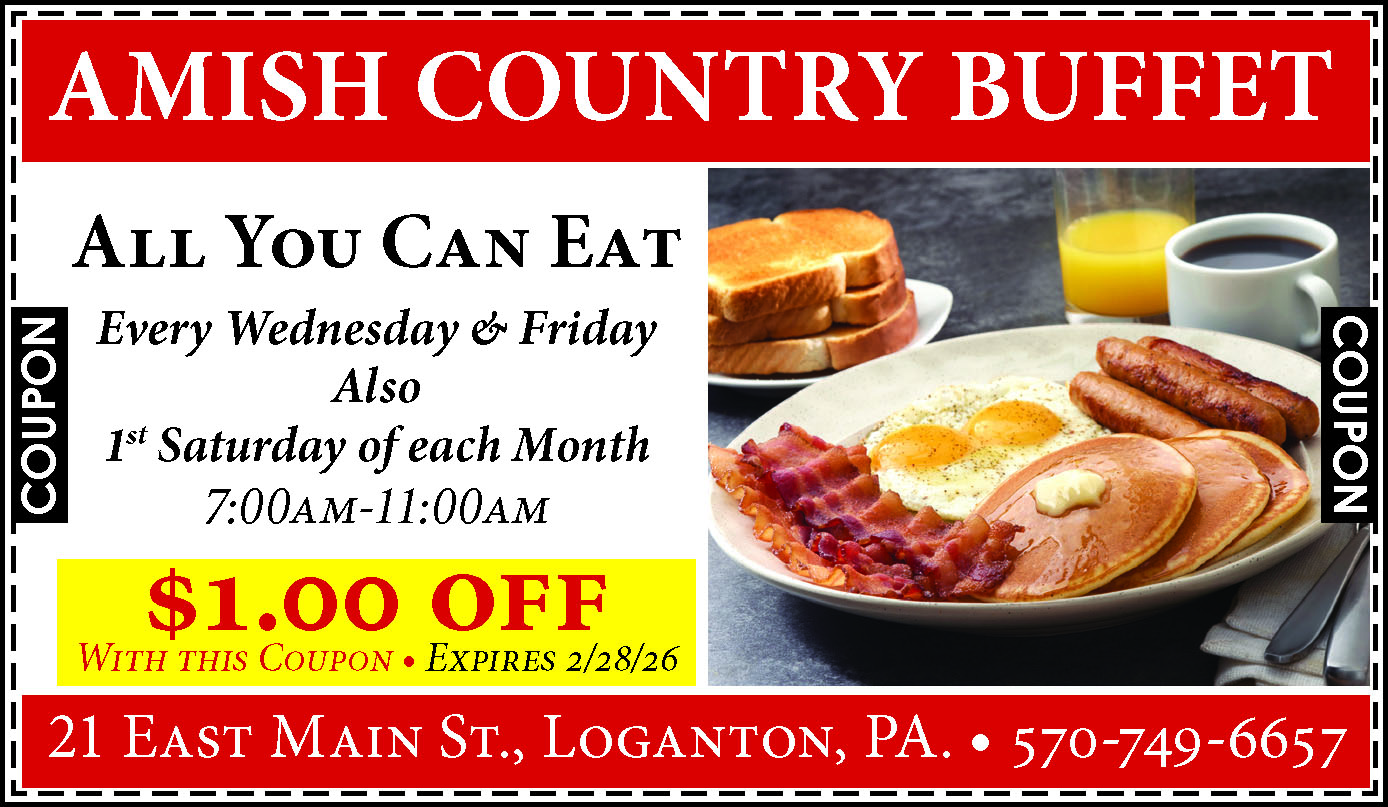As July Fourth approaches like a whizzing bottle-rocket, regular readers of Webb’s “Weird Words” might wonder what thematic approach could possibly connect this holiday with our ongoing study of vocabulary.
Well, among other things, 7/4 serves as another reminder that we don’t care for kings in this nation — which is one major reason we declared independence.
And just as we’ve distanced ourselves from Britain politically, we’ve also done so, to some degree, linguistically; that’s why fans of English books, films and TV often encounter what might be termed “Britishisms”: words commonly used there but almost never here.
So this week and next, let’s look at a hefty handful — keeping in mind that even if we do use some of these here, they can have a different meaning in England.
Barmy (also: balmy) – Crazy, foolish or eccentric. From barm, “a yeasty froth on fermenting liquor” (Collins).
Bint – Woman. Contemptuous and offensive — strictly off limits. Originally an Arabic word meaning “girl” or “daughter,” it is included here only because of its somewhat famous use by Michael Palin in Monty Python and the Holy Grail (1974): “If I went round, saying I was an emperor, just because some moistened bint had lobbed a scimitar at me, they’d put me away!” (In this fashion, Palin’s peevish, pungent peasant dismisses both Arthur and the Lady of the Lake.)
Bloke – Guy, fellow, man. Origin unknown.
Bobby – Policeman. From Sir Robert Peel, who set up London’s official police force in 1828.
Boot – The trunk or main storage compartment in a car. From either “boot locker,” or perhaps a long-ago term for where you put your foot (boot) to get into a carriage (Online Etymology Dictionary).
Car park – To Americans, this sounds like a place for autos to get some sun, walk their dog and play in the sandbox. In Britain, it’s a parking lot.
Chinwag – To chat or gossip; also a noun. (“I’ve just ’ad a chinwag with that bloke.”) Not hard to figure out the origin of this one!
Chips – French fries — as in, “fish & chips.” Crisps, on the other hand, are what we Americans would call potato chips. Hope you follow this — especially if you’re ever in a British pub.
Cuppa – Perhaps this week’s most quintessentially British term, this is short for “a cup of tea.” As in: “Siddown and ’ave a nice ’ot cuppa.”
Dodgy – Risky, difficult or dangerous; uncertain, unreliable, tricky (Collins). In America we might substitute sketchy.
Flat – Apartment on one floor — probably so called because it lacks a second story.
Gob – Mouth. The adjective is gobby: “loud-mouthed and offensive.”
Hire-purchase – With an obvious derivation, this is Britain’s expression for buying on the installment plan. (In other words, taking possession of something — perhaps especially a car — and making regular payments till the purchase is complete.)
Hoarding – In England, a billboard. In America, a fence around a construction site. Of course in both countries, the word retains is principal meaning of acquiring and keeping too much stuff. I’m guessing on this next part, but I suspect that “keeping stuff” has given us the fenced-in idea, with the British sense derived from ads or posters placed on such enclosures.
Knackered – Exhausted, worn out or (of something not alive) no longer working. It comes from the ancient and unpleasant-sounding noun knacker — describing a person whose job is to slaughter old or sick horses.
Knickers – Panties; or, similarly, a women’s undergarment like bloomers (which extend much lower). The term is shortened from knickerbockers, originally a type of men’s pants. Somewhat complexly, these were named for characters who wore them in an illustrated book by Washington Irving, writing under the pen-name Diedrich Knickerbocker. That moniker, in turn, originally referred to Dutch settlers in New York — and it is actually the full name of that city’s NBA team.
Whew! I guess that’s enough for today. I’ll have another set of these next week.
Cheerio!



